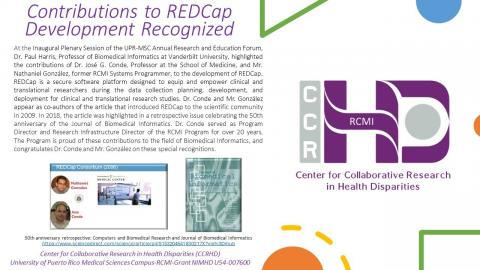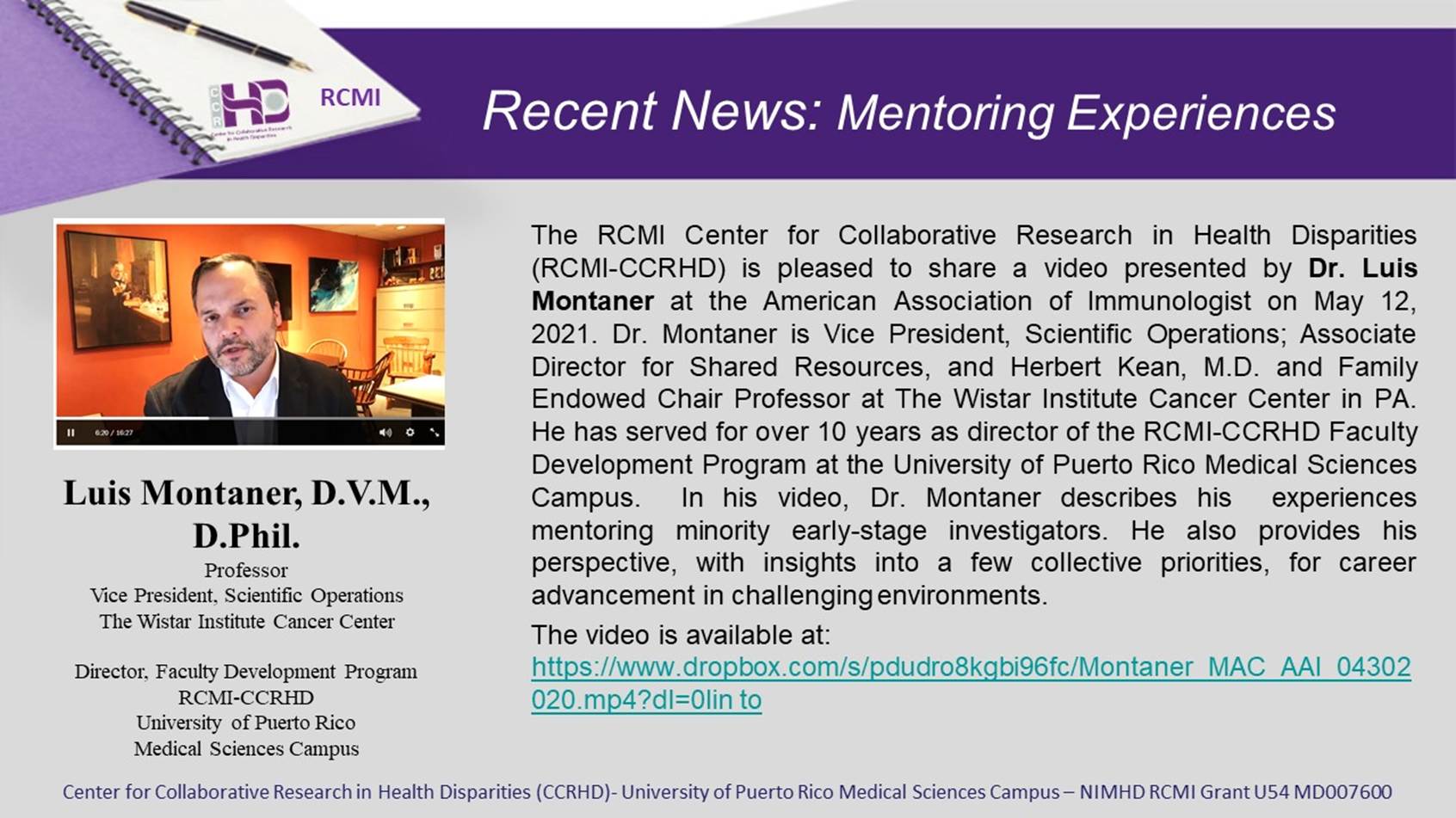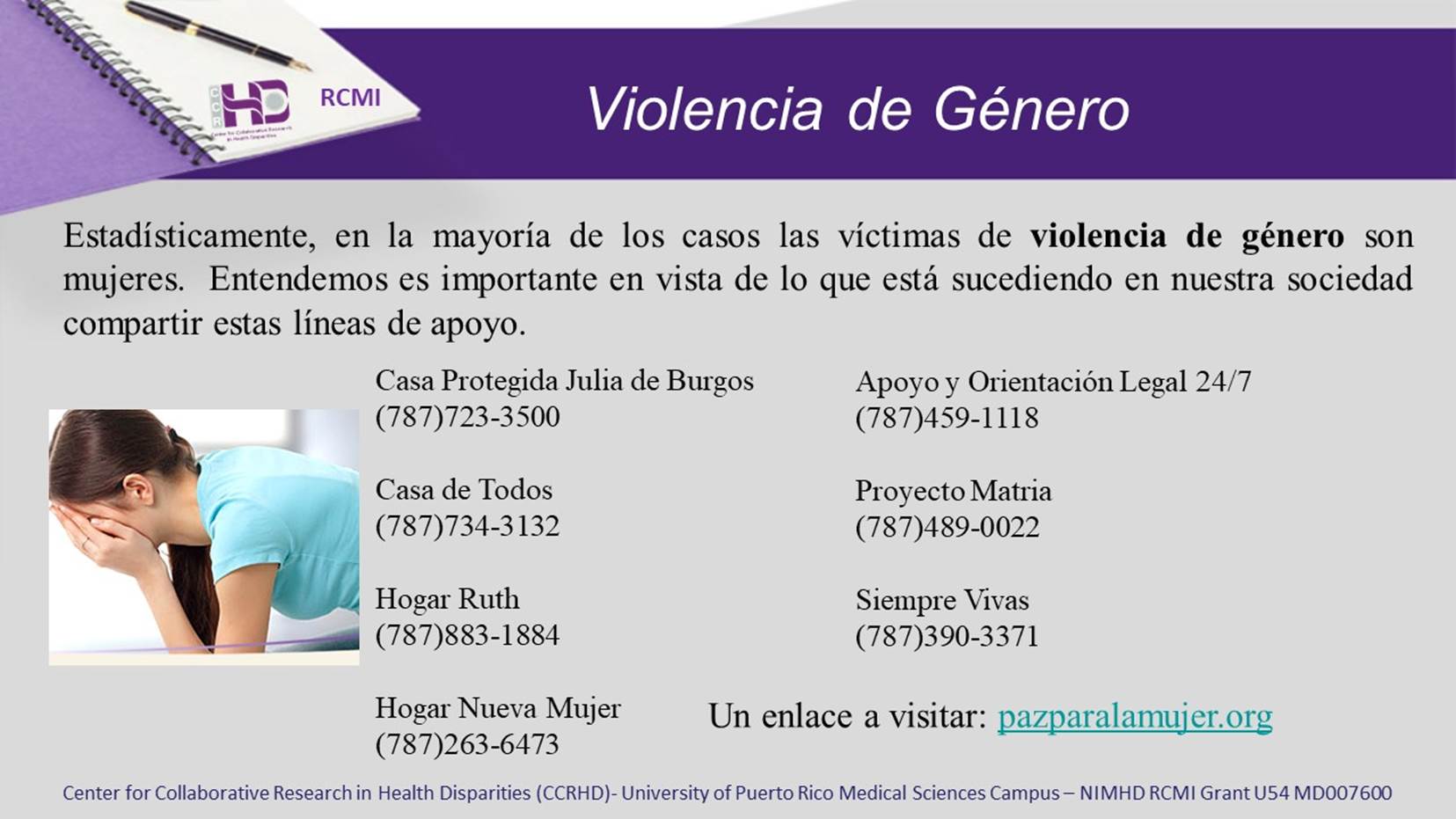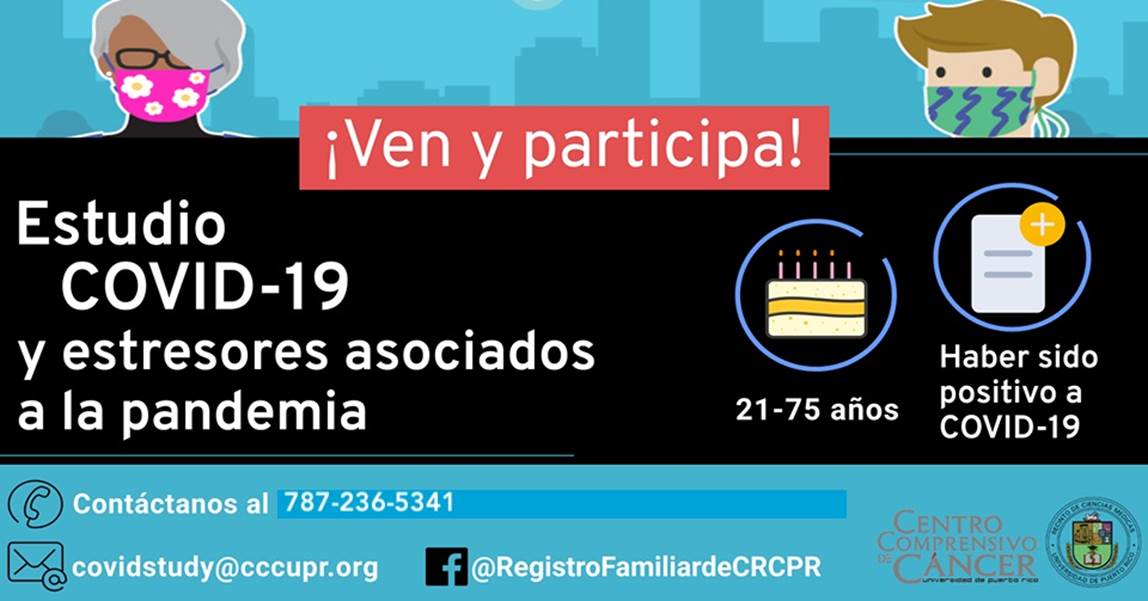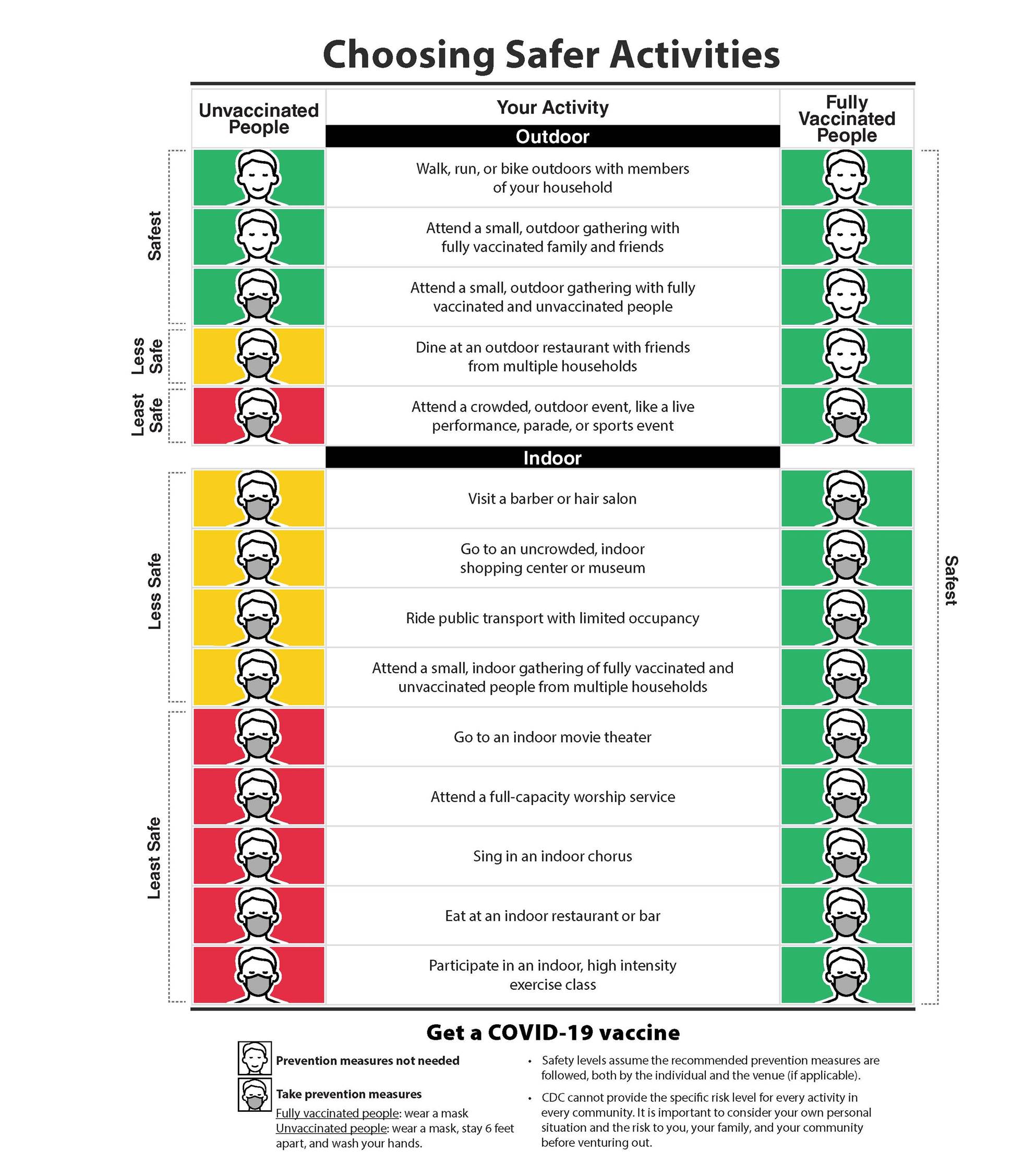COVID vaccines can block variant hitting Asia, lab study finds

Subject: COVID vaccines can block variant hitting Asia, lab study finds
https://www.nature.com/
Gold-standard experiments on two COVID-19 vaccines suggest that they confer immunity against a subtype of the SARS-CoV-2 variant tearing through India. But the research also hints that this subtype is more resistant to antibodies than are other forms of the virus.
“These vaccines are working,” says Mehul Suthar, an immunologist at Emory University in Atlanta, Georgia, who led the research1. Still, the results underscore the need to continue monitoring vaccine response to SARS-CoV-2 mutations, which often affect the all-important spike protein that the virus uses to infect cells. “Because of the spectrum of mutations that have accumulated within the spike protein, the antibodies just don’t work as well,” says Suthar.
First detected in India last October, the variant B.1.617 was this year linked to a rapid rise in cases in a handful of Indian states and has now been found in more than 40 countries. The subtypes B.1.617.1 and B.1.617.2 have both been detected with increasing frequency in India in the past few months; both carry two mutations linked to increased transmissibility. Because of their quick spread, scientists are keen to find out whether the various forms of B.1.617 undermine COVID-19 vaccines.
Other research has analysed how well the vaccine made by Pfizer in New York City and BioNTech in Mainz, Germany, fares against B.1.617. But that work did not use actual SARS-CoV-2; instead, it used other viruses engineered to have key mutations found in B.1.6172,3.
For their experiments, Suthar and his team used B.1.617.1 itself, making their assay a ‘gold standard’ test for vaccine efficacy. The researchers combined the virus with antibody-laden blood serum from people who had received either the Pfizer vaccine or that made by Moderna of Cambridge, Massachusetts, both based on mRNA. This allowed the team to study how well antibodies induced by vaccination could ‘neutralize’ the virus, or block it from infecting cells.
The team’s data show that antibodies generated by vaccination are seven times less effective at blocking B.1.617.1 than at neutralizing the coronavirus strain that circulated early in the pandemic. But antibodies from all 25 vaccinated people were able to neutralize B.1.617.1 to some extent.
“It’s pretty important work,” says Scott Weaver, a virologist at the University of Texas Medical Branch at Galveston. But he noted that the results offer one snapshot of immunity, which can change over time. For a full picture, Weaver says, “we need to test sera from people who have been vaccinated at various points in time in the past”.
The findings underscore the need to increase vaccination rates, Suthar says. “So long as there is a naive population out there, the virus is going to infect, replicate and mutate.”
The findings have not yet been peer reviewed.

